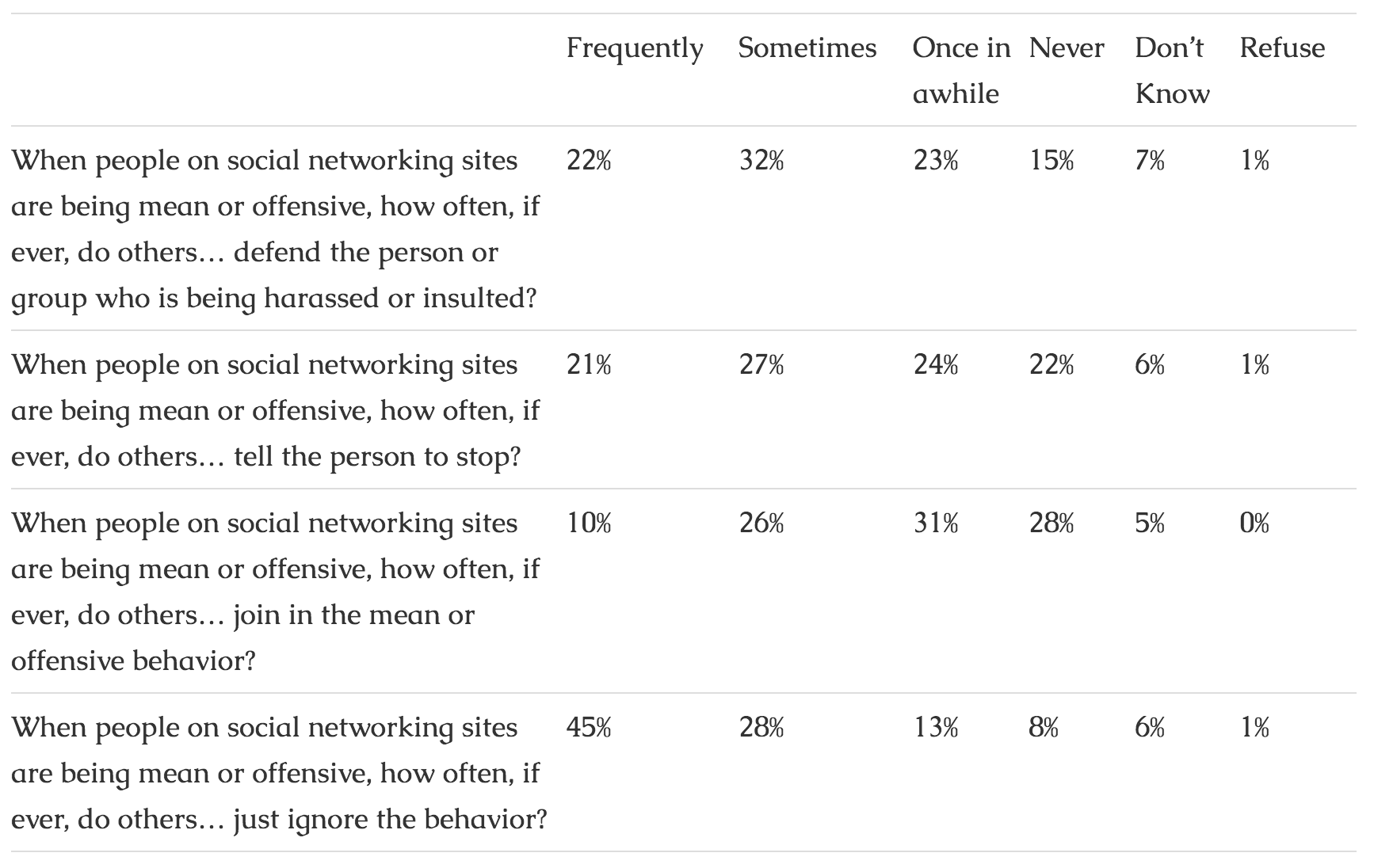Reviews have become an important part of the healthcare industry and managing negative feedback is an important part of building a successful practice. Understanding how patients use reviews– especially online reviews – is challenging, but doing so can have a major impact on a practice.
What can you do to deal with negative reviews in the most beneficial way possible?
Social Media and Healthcare
Many people assume social media and healthcare don’t mesh because of privacy issues. Of course, privacy is the main concern, but social media is a still a valuable tool within the industry. Not only do patients use social media to gather information, healthcare providers can use it to manage their reputation and make a positive impact on potential patients.
The truth is patients have been using online platforms to discuss healthcare for years. There are discussion forums, patient support groups, and message boards dedicated to specific conditions and diseases, all of which were in use long before the social media platforms of today, such as Facebook and Twitter.
According to a 2013 study that was conducted by Wego Health, 85% of patients use blogs, discussion groups, Facebook, Twitter, and other online communities to guide their decisions about healthcare. Further data points show how community members deal with negative, mean, or cruel behavior.

Despite the prevalent use of social platforms among patients, many healthcare providers are not paying enough attention. They assume these online forums aren’t a big deal or they aren’t sure how to deal with discussions because of privacy issues.
What does this mean for a healthcare provider who is willing to invest the time it takes to understand and capitalize on these platforms? Utilizing social media can really give a competitive edge because so few have incorporated it into their marketing and outreach.
Healthcare delivery organizations are forced to speed up their approach and create tools that appropriately calculate risk and keep digitally inclined patients engaged. Beyond that, pharmaceutical companies and medical device manufacturers have to begin to recognize that informed and connected individuals are the ones that are making the buying decisions.
How Patients Use Online Reviews
Effectively using online reviews requires healthcare providers to understand review sites, including Yelp and HealthGrades, and know how these sites affect patient opinions and providers’ reputations.
According to a study conducted in 2013 and 2014, 84% of patients who responded use online reviews when evaluating physicians. About three quarters use them as their first step in finding a doctor and 60% felt it was very or moderately important for a healthcare provider to respond to a negative review. Not only should healthcare providers be present on review sites, they must also be active and engaging with patients – especially those who are posting less-than-favorable reviews.
What this information shows is that patients put a great deal of stock in online reviews when it comes to healthcare decisions. For many providers, their online reputation is a make or break factor. Some patients even reported a willingness to go out-of-network for a doctor that received the best reviews.
Advice for Managing Negative Reviews in the Healthcare Industry
So what can you do if your step into the world of online reviews so far hasn’t seemed promising? What do you do if you receive a negative review?
First remember how important it is to deal with negative reviews properly. When handled in the right manner, the patient who writes a negative review could become one of your biggest advocates – if handled correctly.
Begin by considering a few aspects of the complaint. Evaluate where it was posted and whether it was honest. Dishonest or made-up reviews have become a problem across many industries and in some states, is considered an illegal practice. If you notice a review has been posted that you know is fabricated, contact the review site and ask that it be removed – most of the reputable review sites are willing to comply.
If the review is honest and addresses an issue you know to be true (even if the patient’s perception was not your own), you can still turn the negative into a positive. Start by acknowledging the concern on the online review site as soon as you discover it. Short, simple responses are best, such as “I’m sorry this occurred and we’ll look into the matter.”
It might be tempting to contact the patient privately about the review, and in some cases, this will be necessary because of HIPPA restrictions. However, whenever possible, deal with the review out in the open, on the forum where it was posted. This not only allows you to fix the problem for the specific patient, it also shows a wide audience how willing you were to do so.
It is important to do your best to rise above the situation. Even if the patient complaint was unnecessary or the patient is wrong (this is different than just fabricating a dishonest review), it is still important to treat him or her with respect and be positive about the situation.
Your goal is to show you are capable and willing to address patient concerns and fix anything that went wrong. Even if that particular patient is unreasonable, the effort you put into dealing with a negative review will be noticed by others and viewed as positive.









